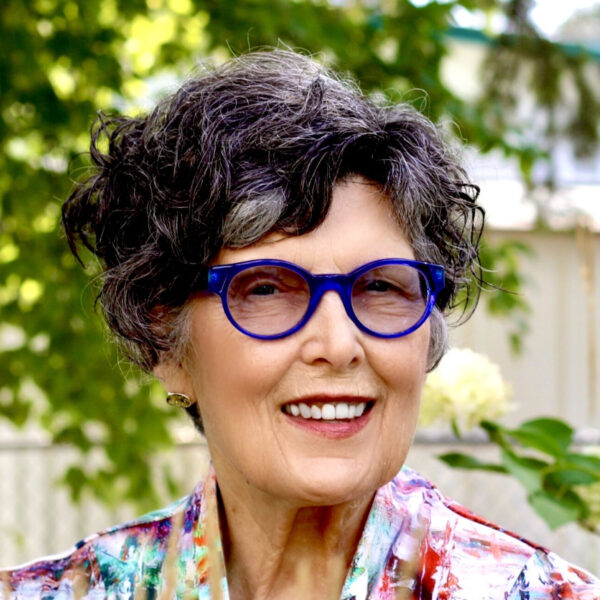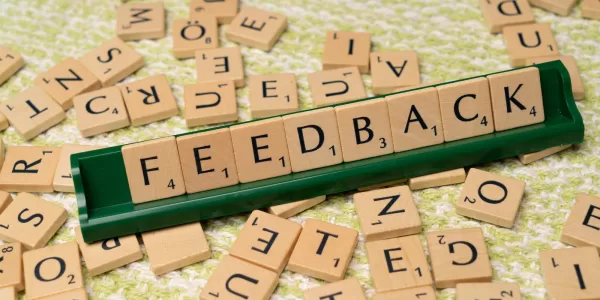One of the many privileges I have enjoyed in the Manitoba Writers’ Guild has been to co-moderate our “Final-Wednesday-in-the-Month Critique Circle.” Time, however, is the new gold, and my resources of time do not allow for the kind of preparation our critique circle participants warrant, such as carefully reading the pre-submitted manuscripts and planning a supportive, constructive critique of each one. Fortunately, the Guild is blessed with many leaders and volunteers, and one of them, Keenon Rhodes is – well – keen — and willing and certainly most able to replace me and join Tami Reynolds to co-moderate this group of talented and committed writers.
Consequently, my last evening afforded me the pure joy of listening to our participants read their stories and receive and provide feedback to each other for almost two hours.
Hearing the writer’s voice while they are reading their own prose provides a depth of insight into character, plot, and setting that is more directly intense than silently reading somebody else’s words. Oral reading and silent reading elicit different emotions and levels of understandings. As recipients of the written or spoken word, we build a version of the world that the writer has already created. Well-crafted, the written word can guide the emotional responses to this world. Well-crafted and revealed through the writer’s voice, this world is coloured with even more texture and deeper hues.
So it was last evening, when we were taken into a contemporary world of mothers of teenage girls fleeing a country where rape was increasing, abortion forbidden by law, and females terrified of their uncertain future. From there, we were lured into a fantasy world of nightmarish survival, which exposed the decisions journalists need to make on behalf of their readers while retaining some element of truth. From there, we met two young people needing to escape their vulnerable world for a life more stable and predictable. They chose education as their means, and this chapter focused on the female protagonist taking a key exam to win a scholarship to a distant university. The writer effectively situated us in the pressure-filled exam room through both craft and orality. And finally, almost to relieve the stress of these three emotionally packed stories, we comfortably revisited the more innocent stresses of youth, able to smile at the tension of the young girl, fearful of an approaching comet, attempting to dig herself and her family into safety.
Each of these narratives packed a particular punch and generated a range of feedback. Some of the feedback was technical, such as a recommendation to change the parts typed in italics to a different font instead, because it would be easier to read. Some was emotional, such as a comment that, while the world of the story was “obviously dystopian,” it was “disturbingly realistic,” and, for a different story, “I wanted it to get scary more quickly – maybe through foreshadowing?” One comment explained how to intensify the horror of a machete held against the neck, “Those who use machetes to control people lay the part of the blade closest to the handle against the neck, so you can imagine the full sweep of the blade across your neck.” Some of the comments suggested that the writer “think bigger” by setting the immediate goal of the protagonist within a goal or context of more universal significance for the story.
I’ve always been fascinated by how receptive critique circle participants are to the feedback they receive. Writers are in charge of all decisions about their stories. Occasionally, although rarely and not at all this last evening, there is some pushback in the form of a brief discussion; sometimes there is a neutral or reflective acknowledgement of the advice; often there is an appreciative – “I hadn’t thought of that; thank you” response. And sometimes, the writers make the change or start to follow the suggestion right on the spot.
Serious issues occasionally emerge. Last evening, three thought-provoking discussions caught my attention. The first involved the notion of tension – and the concept that without conflict there is no story. One participant noted that “the idea that ‘conflict is key’ is often overplayed,” and went on to praise the writer for her realistic control of conflict. I’ve spent some time thinking about that today.
Another discussion occurred over trigger alerts and content warnings. One participant stated there should be a content warning for the chapter highlighting teenage and pre-teenage rape and abortion. When advised that a content warning at the level of moderate had accompanied the original sending of the manuscript, the participant asserted it should have been flagged at the level of “red hot; not moderate.” The writer seemed surprised but accepted that designation after brief consideration. I thought of the different paths this conversation could have taken and am still reflecting on it.
And finally, a silent issue – the last paragraph of a short story, too far into the story to have been read aloud and discussed during the allotted time, but nonetheless an issue worthy of discussion. With permission of the author, plus her request to clarify that “when referring to my story it’s best to point out it’s based off of an existing fictional mythos that’s been in the public domain for a long time (which itself is a combination of dark fantasy, sci-fi, and horror), and is basically a new take on an old tale.” In this current era of uncertain journalistic approaches to “truth,” how can one determine what is (if there ever is) “the truth.”
“And so I have come to a decision. I shall publish XXXXX’s account, with only a few non-offensive comments from YYYYY and ZZZZZ’s accounts. It is the duty of a journalist to be objective and report the truth, after all. Her story is the least offensive and the most palpable and must be the only one the public will ever truly trust. At the same time, I cannot forget all that I have learned. I cannot bring myself to destroy everything else I have found and worked for. Once I send in the final article, I shall take my notes and recordings and lock them up in a safety deposit box at the bank. Should the public ever reach a point where they are ready to hear the full truth, or once all parties are long deceased, perhaps then they shall be released.”
“Until then, let them have a softer truth. Let them live in a world where the sun will shine forever. And I must live with the truth, as must they all.”
One day, I hope we have 25 critique circles, each full of writers like these, who make each other think as they create worlds to explore.
I thank Andy Dutfield for asking me to serve as a moderator, Tami Reynolds, who served as my co-moderator, and Keenon Rhodes, who is replacing me. You have given me indelible and irreplaceable experiences.






